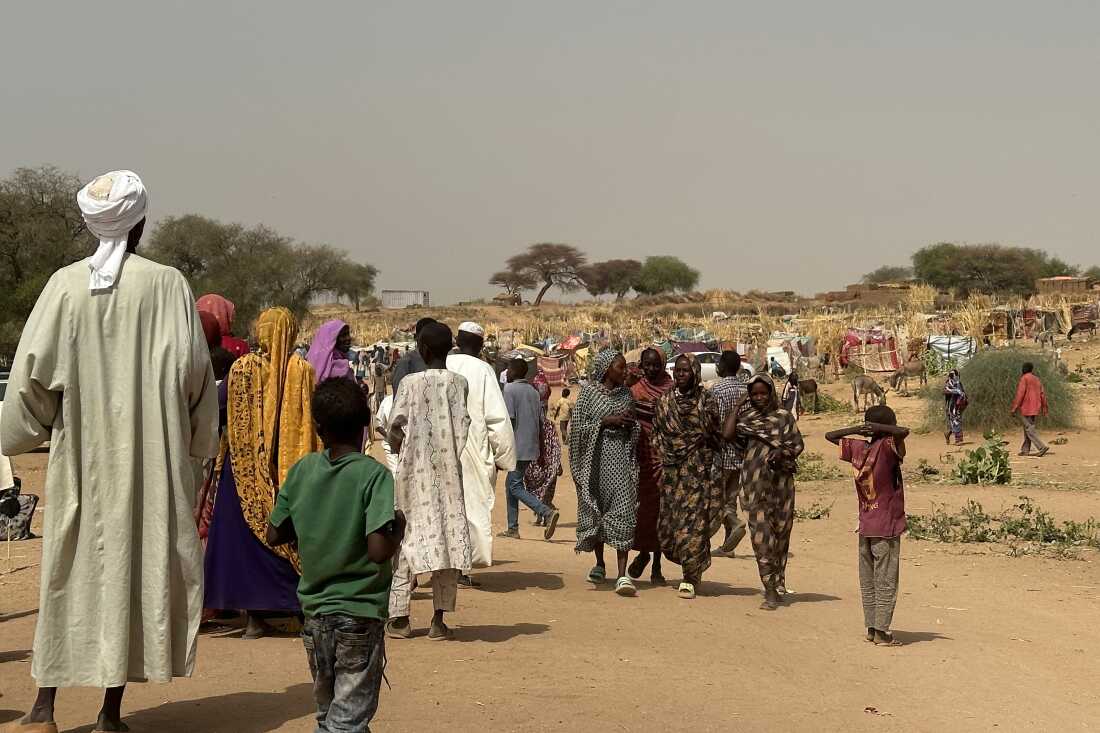The Sudanese army has denied bombing a World Food Programme (WFP) convoy that had headed to a famine-hit area in the country’s Darfur region. According to the United Nations agency, a drone hit the convoy and three lorries in the 16-vehicle convoy caught fire and were destroyed. All staff traveling inside the convoy are safe.
“Humanitarian staff and assets must never be targeted,” said the World Food Programme, urging the parties in conflict to respect international humanitarian law.
However, the paramilitary Rapid Support Force (RSF) has blamed the army for Wednesday’s airstrike in the town of Mellit, which is under RSF control.
Sudan has been caught in a civil war since April 2023, after a vicious power struggle erupted between the army and the RSF, creating one of the world’s worst humanitarian crises. This has led to famine and claims of genocide in the western Darfur region. Even though the RSF does not have an air force, both sides have used drones in attacks against each other.
During this civil war, more than 150,000 people have died in fighting across the country and about 12 million have fled their homes.
War in Sudan
Sudan is one of the largest countries in Africa, covering an area of 1,900,000 km² and situated in the northeast of the continent. It borders seven countries, with the Red Sea and the Nile River flowing through it. This makes the country strategically important for foreign powers. The population of Sudan is predominantly Muslim, and the country’s official languages are Arabic and English. Sudan is also one of the poorest countries in the world, despite being a gold-producing nation. The average annual income of its 46 million citizens is around $750.
The civil war in Sudan is the latest episode in a series of tensions that followed the 2019 ouster of long-serving president Omar al-Bashir, who came to power after a coup in 1989. Huge street protests called for an end to his nearly three-decade rule. The army mounted a coup to remove him, while civilians continued campaigning for the introduction of democracy. A joint civilian–military government was then established but was overthrown by another coup in October 2021.
The October 2021 coup was staged by two men: General Abdel Fattah al-Burhan, the head of the armed forces and effectively the country’s president, and his deputy, RSF leader General Mohammed Hamdan Dagalo. But the two leaders disagreed on the country’s direction and the extent of civilian rule. Many suspected that both generals wanted to cling to their power, wealth, and influence rather than lead Sudan toward democracy.
Plans were made to incorporate the 100,000-strong RSF into the national army, which would then function as a unified force.
Shooting between the RSF and the armed forces broke out on April 15, 2023, after days of rising tension. It is still disputed who fired the first shot, but the fighting quickly escalated, with the RSF seizing most of the capital city, Khartoum, until the army regained control of it almost two years later in March 2025.


